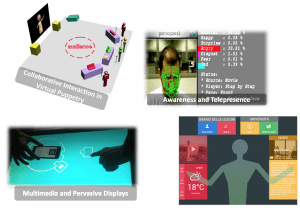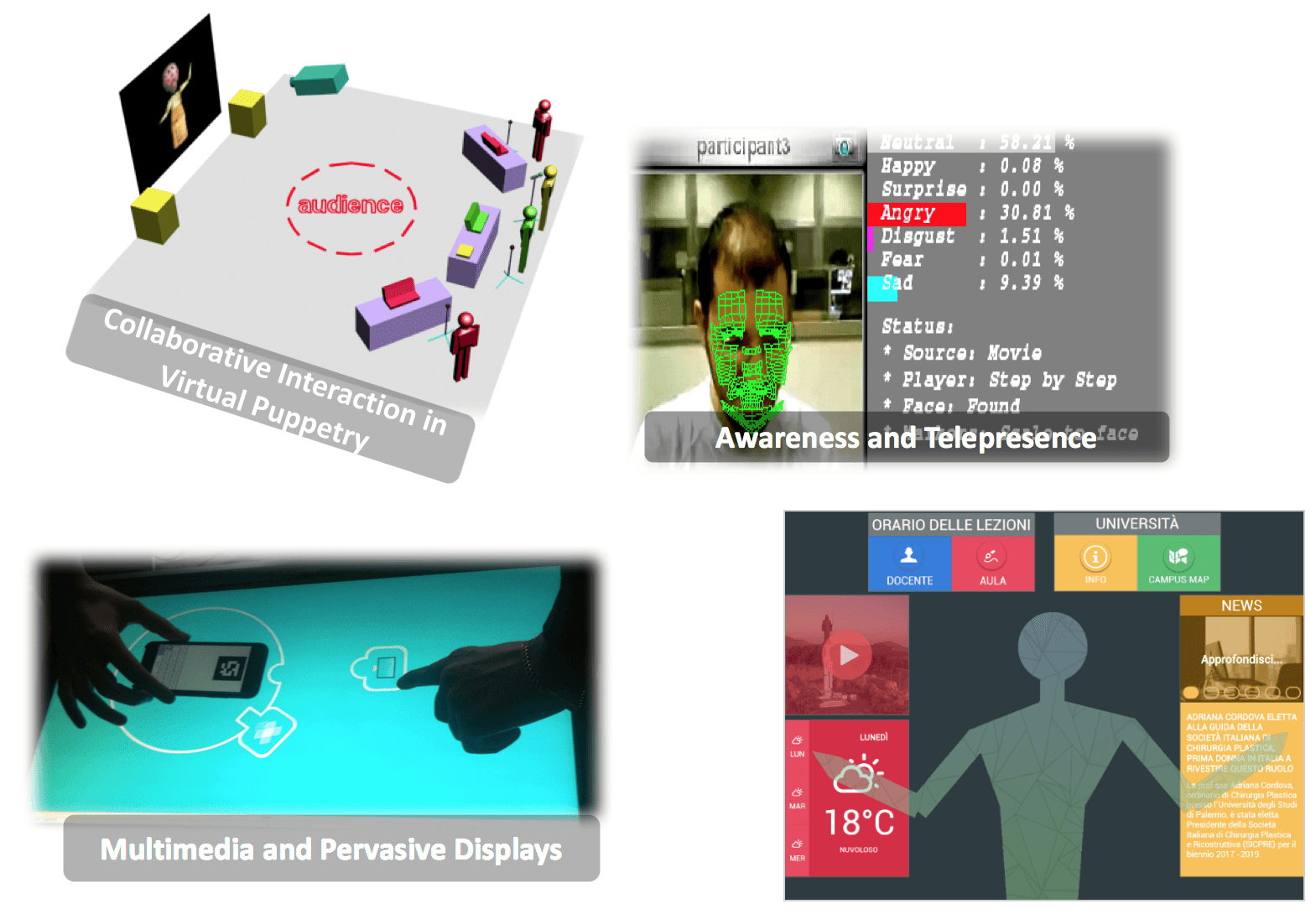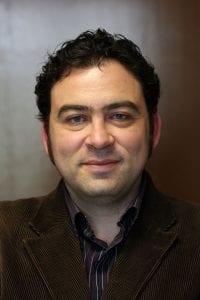On 23rd May 2018, the School of Computer Science will welcome Professor Alessio Malizia (University of Hertfordshire) as guest speaker.
Alessio is a Professor of User Experience Design at University of Hertfordshire and a distinguished speaker of the ACM (the international Association for Computer Machinery). His talk will be from 2.30pm -4.00 pm in AAD0W25 lecture theatre and all staff / students are welcome to attend!

Details of his talk are below.

